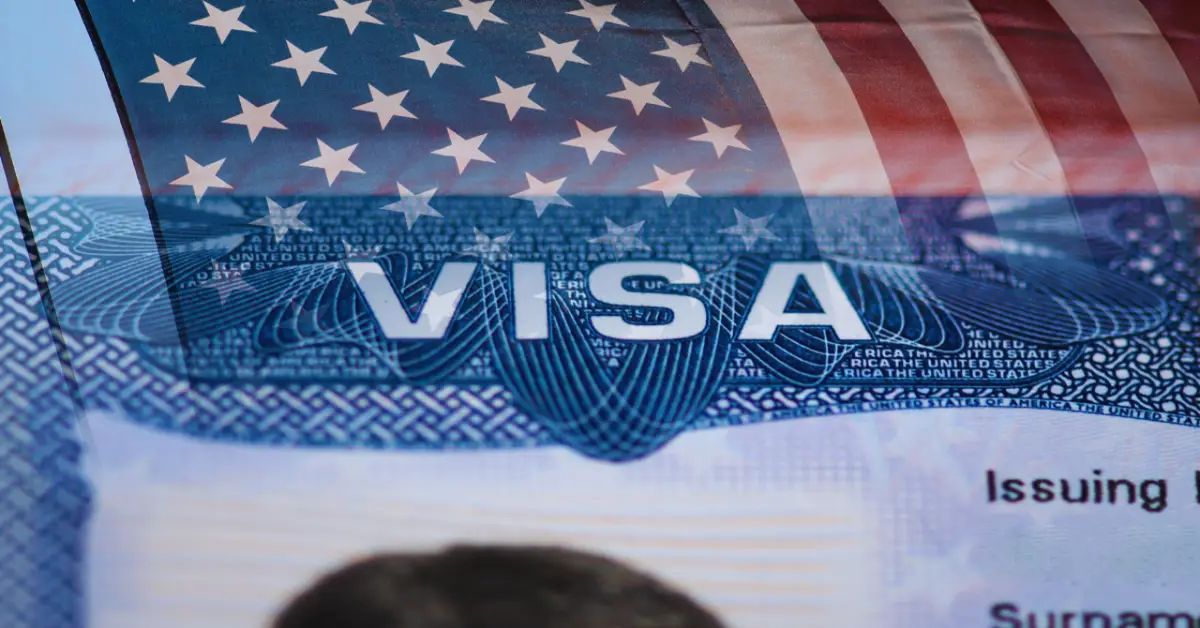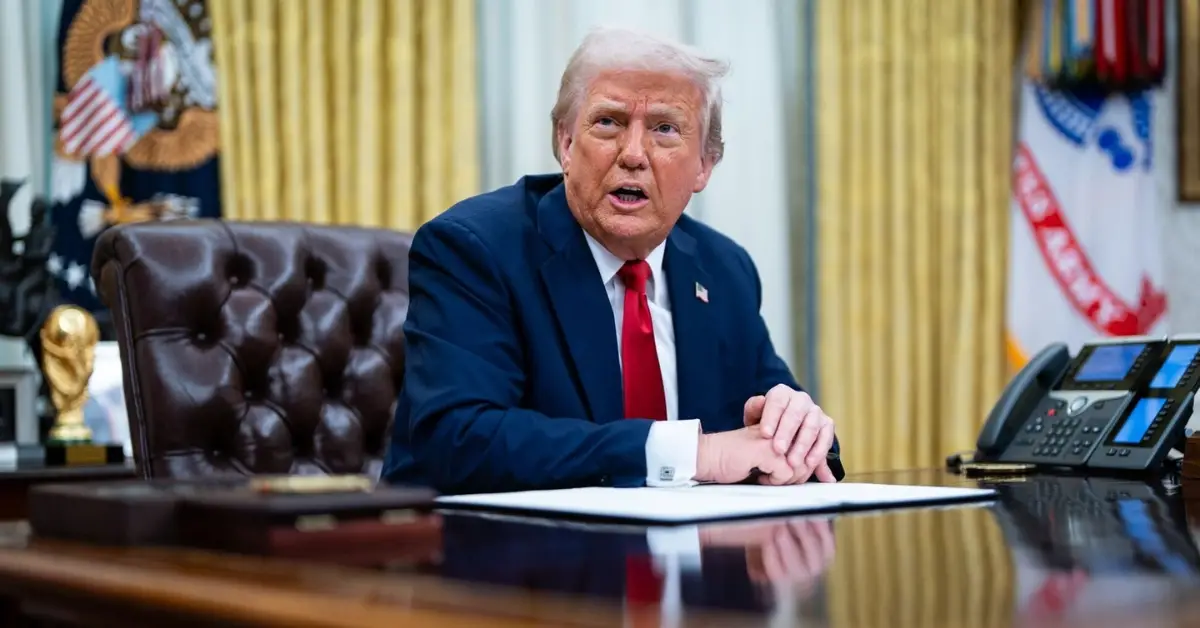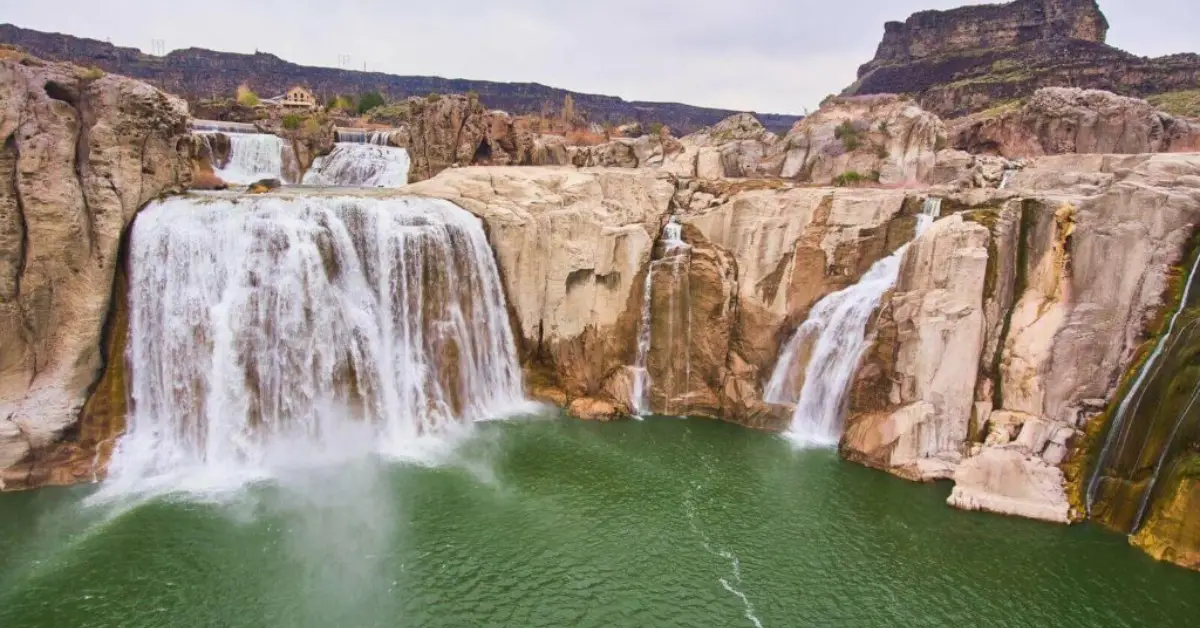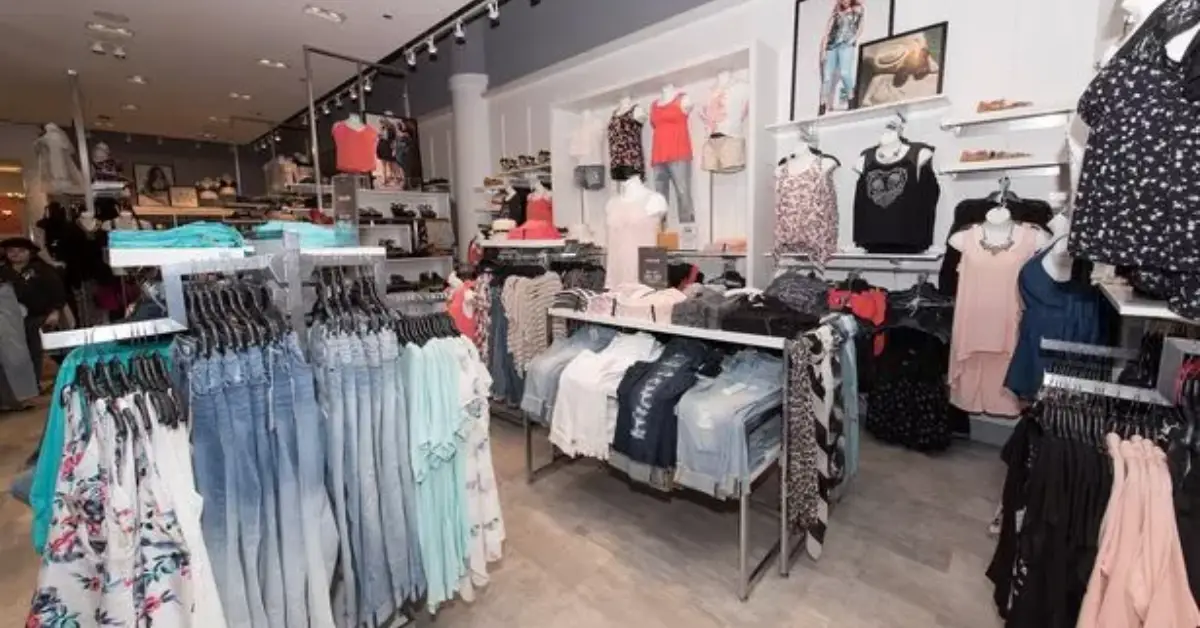An Indian man’s dream of visiting Florida for a holiday was shattered when his U.S. visa application was rejected in under a minute after just three questions during the interview. The applicant, sharing his experience on the social media platform Reddit, is now seeking advice from fellow users on why his visa was rejected so quickly and how he could improve his chances for the next time.
The man, who used the username “nobody01810,” applied for a B1/B2 visa, which is typically used for tourism or short-term business visits. He appeared for the visa interview at the U.S. Embassy in New Delhi, where he hoped to secure the visa that would allow him to visit Florida on vacation. However, the process turned out to be anything but smooth.
The applicant described the interview as surprisingly brief. He recalled that he was asked only three basic questions during the interview: “Why do you want to travel to the U.S.?” “Have you traveled outside of India?” and “Do you have any family or friends in the U.S.?”
The man answered all three questions honestly. He explained that his trip was purely for tourism and that he wanted to experience the sights and attractions of Florida. He also revealed that he had never travelled internationally before, and his only connection to the U.S. was his girlfriend, who lived in Florida.
Despite the applicant’s honest responses, the embassy officer apparently was not convinced, and the visa was rejected in under a minute. The applicant expressed his confusion and frustration in his Reddit post, asking if there was something he could have done differently. He also wondered if mentioning his girlfriend, who lives in Florida, might have raised concerns, given that his trip was meant to be purely for tourism and not to visit family or friends.
One key point that stood out in the Reddit post was the apparent contradiction between the applicant’s lack of international travel experience and the fact that his girlfriend lived in the U.S. This could have led the embassy officer to question whether the applicant had genuine intentions of returning to India after his trip, a concern that many visa officers are trained to consider. This factor alone may have triggered the quick rejection, despite the applicant’s honesty.
In his Reddit post, the applicant asked if he should have avoided mentioning his girlfriend during the interview or if he could have answered the questions differently while still being truthful. He also sought advice on how he could improve his chances in the future when applying for a U.S. visa. He did not clarify whether he had any other family members in the United States or a history of prior international travel, which may have influenced the embassy officer’s decision.
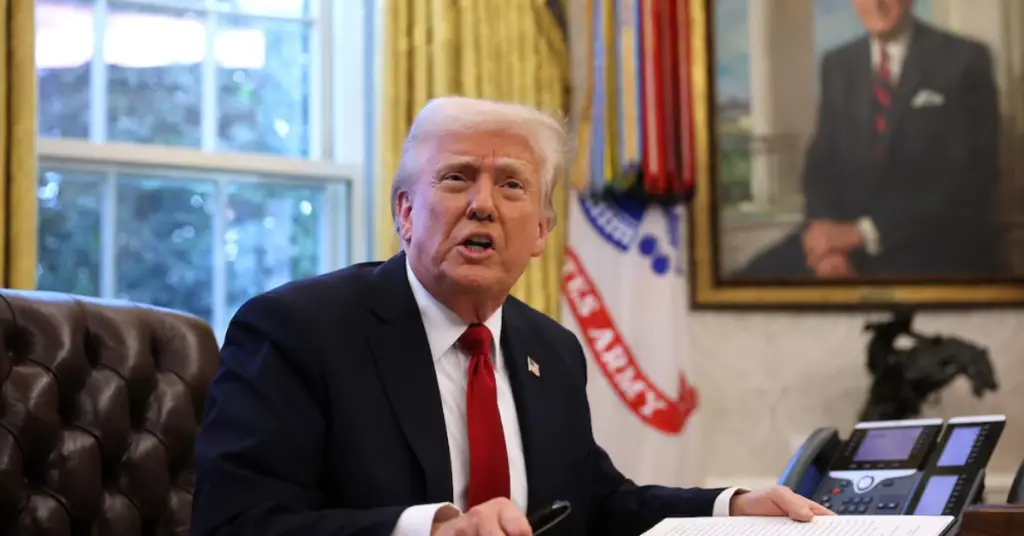
The Reddit post quickly garnered attention, and dozens of users weighed in, offering their insights and sharing their own visa experiences. Some users suggested that the applicant might have been rejected due to a lack of international travel experience, which could make it more difficult for visa officers to determine whether the applicant would return to their home country after their trip.
Others speculated that mentioning a U.S.-based girlfriend may have raised red flags, especially if the officer believed the applicant could overstay his visa or misuse it for purposes other than tourism.
In any case, the applicant’s quick rejection highlights the challenges many face when applying for a U.S. visa. The rejection may have been disappointing, but it also underscores the importance of thoroughly preparing for a visa interview and understanding the factors that visa officers consider when making their decisions.
This incident occurred at a time when the U.S. government, under the leadership of former President Donald Trump, was enforcing stricter visa policies. Trump’s administration has placed greater scrutiny on visa applicants, particularly tourists and those applying for business or work visas.
These changes have made it harder for people to enter the U.S., including those with legitimate reasons for travel. The stricter policies have drawn criticism from various quarters, but the government has defended the measures, claiming that they are necessary for national security and the protection of American jobs.
This tough stance on visas has affected many applicants from around the world, including tourists, businesspeople, and students. One notable example of the U.S. government’s tough visa policies occurred in March, when a French scientist was denied entry to the U.S. after immigration officers found messages on his phone criticising the Trump administration.
The scientist had travelled to Texas for a conference but was detained at the airport and subjected to a random check. His phone and work computer were searched, and officers reportedly found messages critical of the U.S. government. The scientist was accused of writing messages that reflected hatred toward Trump, and his equipment was confiscated before he was sent back to Europe.
These developments underscore the increasing challenges faced by individuals applying for U.S. visas, particularly those with politically sensitive backgrounds or connections. Applicants like the Indian man hoping to visit Florida may find themselves caught in the crossfire of stricter visa rules, even when their travel intentions are completely legitimate.
While the rejection of this applicant’s visa may seem abrupt and harsh, it is essential to remember that the U.S. visa application process can be unpredictable. Visa officers have a wide range of factors to consider when determining whether to approve or deny a visa, and these factors can vary from one applicant to the next. However, for anyone applying for a U.S. visa, it’s crucial to be honest, thorough, and prepared for potential challenges during the interview process.
The Indian man’s experience serves as a cautionary tale for future applicants and a reminder that the U.S. visa process is not always as straightforward as it might seem.
Disclaimer: This article has been meticulously fact-checked by our team to ensure accuracy and uphold transparency. We strive to deliver trustworthy and dependable content to our readers.

